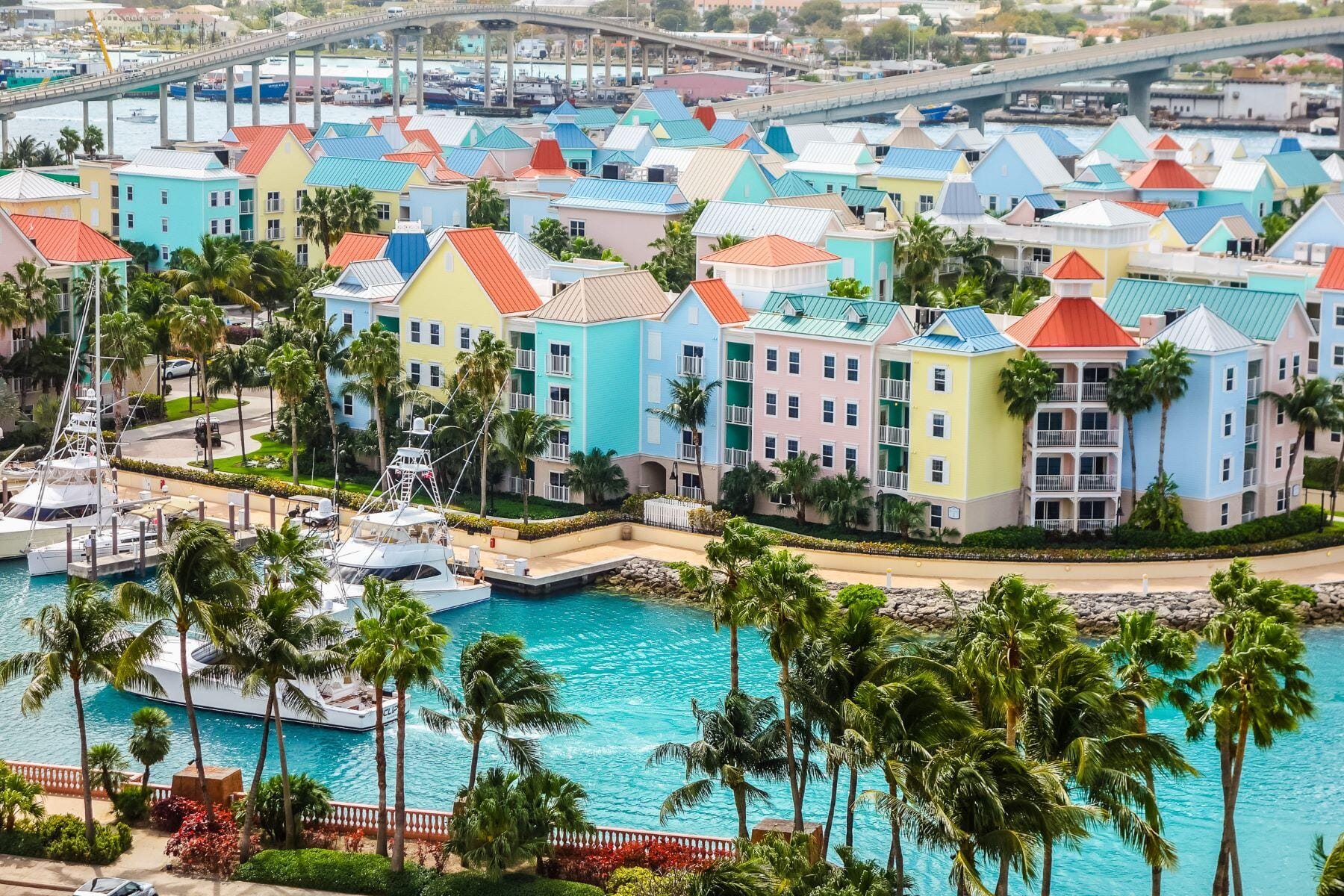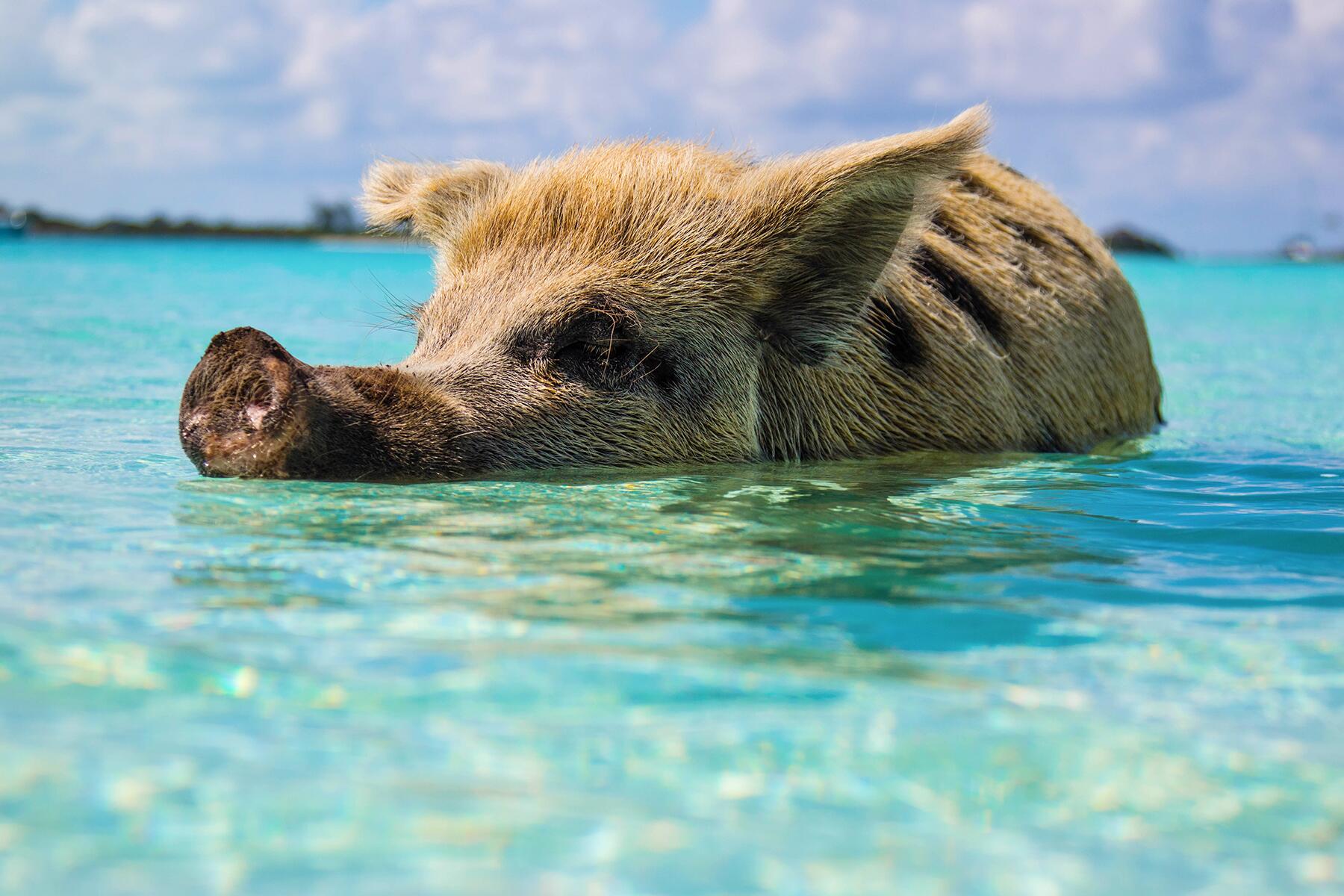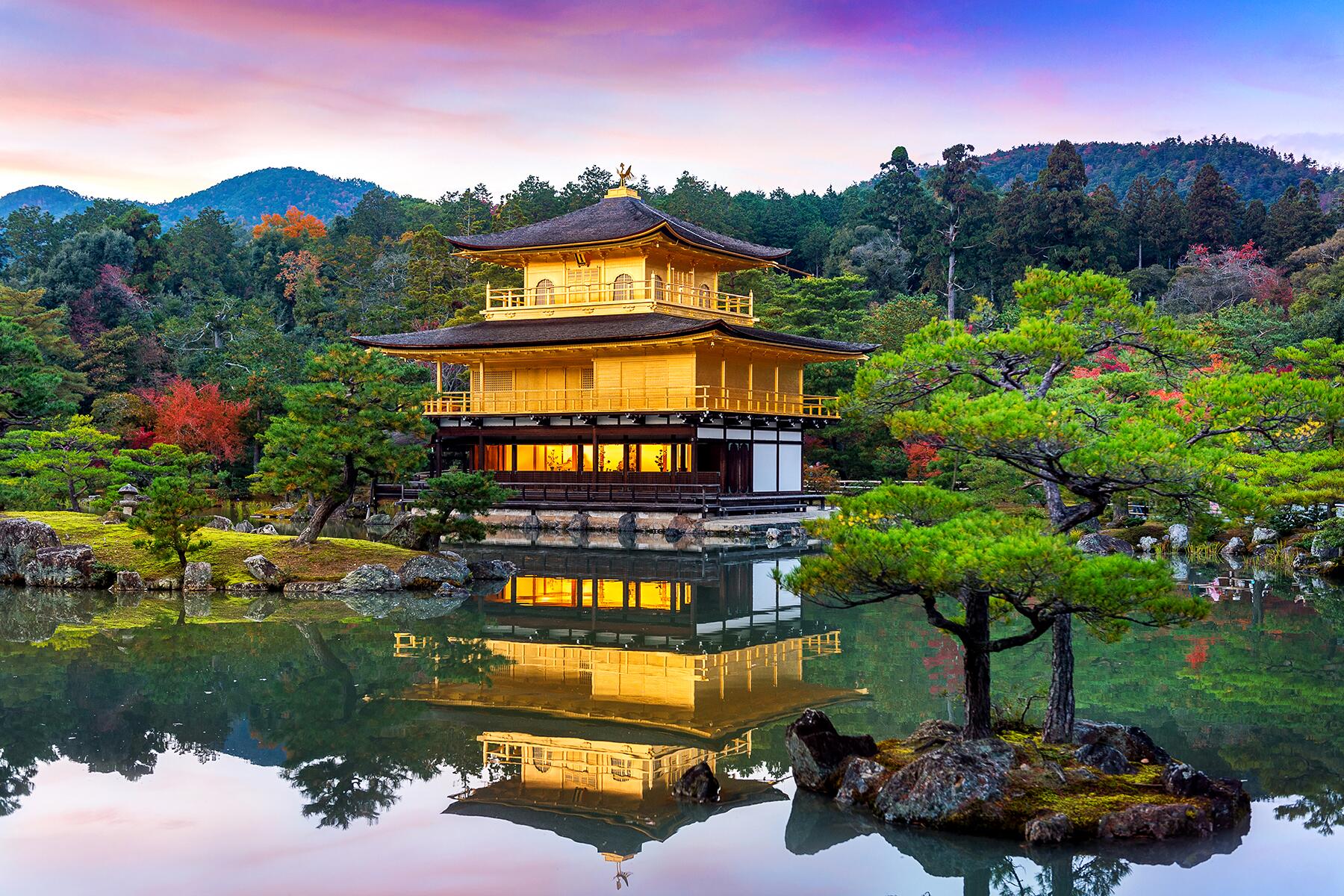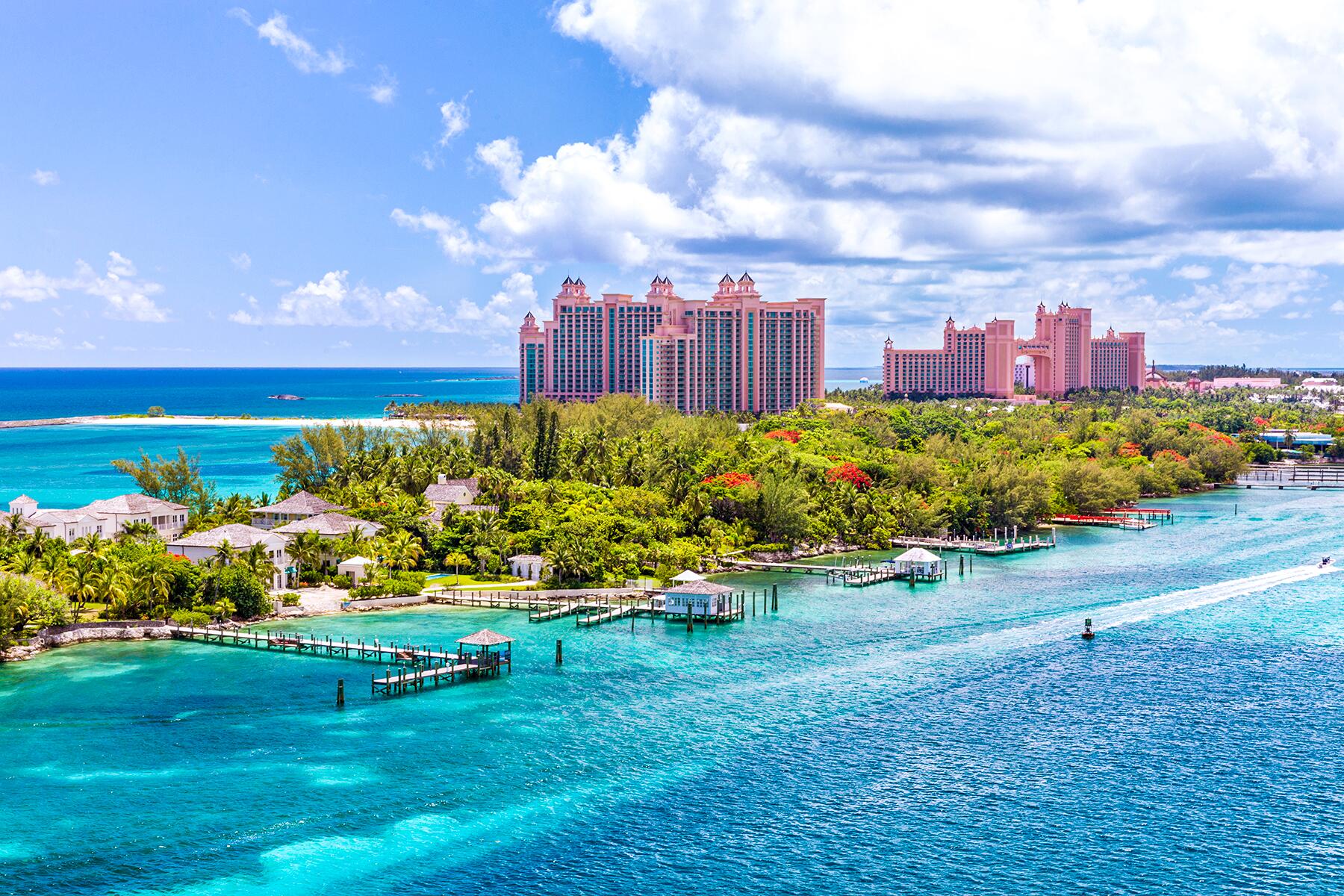The Bahamas is not just a paradise for you; it’s the home of 400,000 people whose health and wellbeing matter.
Everyone wants a little sun, sand, and sea, and The Bahamas is one of the first destinations that come to mind when people think about tropical getaways. Just a 45-minute flight from Miami, it is a popular destination for Americans. With an economy that relies heavily on tourism, The Bahamas has been put in a difficult situation since the COVID-19 crisis started. The balance of public health and the economy has not been easy to manage and every decision has drawn criticism. It is now on the receiving end of outrage from people who are currently unable to enter the country.
No one expected The Bahamas to close its borders. When COVID-19 first made its appearance, the country quickly drafted and passed emergency orders to enable the competent authority to put restrictions in place in the interest of public health. Residents endured months of lockdown and curfew cycles. They were further restricted by the inability to travel in and out of the country which was announced on March 27. Dining out, worship services, exercise outside of neighborhoods, time on the beach, and visits to parks were all prohibited. While it was uncomfortable, the Bahamian people and residents complied, and this resulted in the flattening of the curve.
In June, the spread of the virus slowed considerably and the prime minister announced that the borders would reopen on July 1. For Bahamians, this was difficult to accept. They recognized that the economy and the people employed in the tourism industry suffered greatly, but also understood the risk of opening the borders. It was announced that visitors would have to be tested for COVID-19 up to ten days before entry and present their negative results, but this did not seem like enough. Bahamians traveling outside the country would be allowed to return within a 72 hour period without taking a COVID-19 test. This, too, seemed insufficient. Government actors, however, were confident that this was the best course of action.
Recommended Fodor’s Video
By July 7, COVID-19 cases were on the rise again. As the number increased, people panicked, questioned the decision to open the borders, and anxiously awaited the announcement that came on July 20. The prime minister stated that the borders would be closed to commercial flights except those departing from Canada, UK, and EU countries. This is not a perfect solution, but it is a way to continue to get heads in beds. Residents have been critical of this move, but none more scathing or disrespectful in their responses than potential tourists who took to social media to address the situation. Their posts reminded Bahamians that they need American money. Some even suggested that aid should be withheld if and when the country experiences another devastating hurricane.
It is clear that many people do not think about the Black people living in tourist destinations as human beings, existing beyond the perceptions of them as servants. They drive taxis, clean rooms, serve drinks, deal cards, open doors, smile, and answer questions. Most of them do this on shifts making it almost impossible to get sufficient rest, consistently care for their families, or enjoy even a slice of the paradise they participate in creating and presenting every day. They go home to sleeping children, exhausted spouses, ailing parents, mounting housework, missed calls from family members and friends, and bills that need to be paid. Those with comorbidities are at higher risk of contracting COVID-19, but they are on the frontlines, in service to tourists. While their jobs are designed to make them invisible while highlighting the experience they offer, they are real people with full lives. They are allowed to be concerned about their own health and that of their loved ones, and the Government of The Bahamas is responsible for protecting the human rights of citizens and residents at all times, and preserving public health by taking necessary measures in the midst of this pandemic.
It is a privilege to travel to The Bahamas. It is a beautiful country. From Arawak Cay where even the preparation of fresh conch salad is a performance to Craft Cottage where every visitor becomes family by the time they find the perfect pair of sea glass earrings, the days go by quickly, full of moments that beg to be shared on social media. All the while, these experiences are created and curated by Bahamians–real people with real lives and the right to health and safety. Their lives are far more important than a vacation, and they should not have to choose between tips, however generous, and public health. The ocean will be as clear, the hosts as welcoming, the weather as warm, and the food as delicious when the restrictions are lifted.
No Bahamian wants the borders to be closed. No Bahamian wants the number one tourist market to be blocked from entering and spending in the country. At the same time, no Bahamian wants to contract COVID-19 or spread it to more vulnerable people. No Bahamian wants to go through another three months of lockdowns and curfews which involve hours and hours of queuing to get inside grocery stores, mass layoffs, and the collapse of social life. Everyone is desperate for something close to normal. Open borders, tourists flying in, hotel occupancies high, tips coming in, bills paid, and freedom to enjoy the simple pleasures of life would be wonderful, but short-lived and followed by another difficult period after affecting people’s health. For this reason, Bahamians largely support the border restriction and need travelers to keep The Bahamas on their list of places to visit, even if it has to be months from now. The closures are more disappointing and life-altering to Bahamians than it is to pleasure-seeking tourists. This is no one’s best case scenario.
Those who are able to travel to The Bahamas must be responsible and respectful to the people who live and work there. The requirements are simple. Practice good hygiene, wear a clean mask in public spaces, and maintain a distance of six feet between people from different households. Those who cannot enter the country at this time can dream a little more, plan a little more, and give it a bit more time. Travel is a tremendous privilege that exposes people to different cultures, and it is important to remember to be responsible, ethical, empathetic travelers. Care for the people you encounter as much as the environment you are in. Your paradise is their workplace, and The Bahamas is keeping it safe for them, and it will be safe for you too, whenever it is safe for you to travel.
I too am disappointed with the fact that this article veered off to include race. I think of people as people, and the whining behavior described by Alicia regarding Americans that can't visit the Bahamas is a scenario that is taking place all over the world.
My extended family had to cancel a trip to USVI in May due to COVID-19. It was a huge disappointment, but we respected the restrictions put in place by the governor. We hope to go next year. I was also in the process of planning a trip to Canada this fall, but have put that on hold. There are many people not in the 'black' category (including non-black POC) that know how important it is to shutdown vulnerable areas to protect ALL citizens. I believe the 'good' tourists outweigh the whiners.
I also resent the comment about Bahamians that have to go to work and then come home to families that might be exposed to the virus. Two of my family members (out of 4) are deemed essential and have to go to work every day. They are in the same boat you describe, and it has nothing to do with the color of their skin!!!
It's more important to note that the author of this article, Alicia Wallace, lives in the Bahamas. So, her perspective about this situation is clearly going to be more authentic and less opinionated.
I feel like she's giving a protective voice to her home, and she's speaking directly to (and about) tourists who have that "servant" mentality. I'm sure she's speaking from experience and on behalf of the experience of others.
She's also been doing incredible work, if you'd like to learn more:
http://www.aliciaawallace.com/category/bahamas/
Shifting your perspective for even just a moment, no matter what your race/color, is a huge step towards common ground in all aspects of life. Love vs hate, us vs them, etc. Her statement was harsh, yes, but so is the truth. The only people who should be insulted are the people who are guilty of acting that way. And I bet Ms. Wallace is hoping it will reach them. I hope it does.
Lastly, her article was a wonderful reminder for all travelers to respect their visiting destinations. To be mindful of the locals and their well-being, as well as our own. 💙
As a Hawaiian living in the completely destroyed economy of the State of Hawaii, I find this article not only racist, but devoid of feeling towards all of the POC that rely on tourism dollars. In Hawaii, there are more homeless roaming the streets than open establishments. Parts of the islands are experiencing 50% unemployment. For what? A virus that has killed about the same number of people who drown in the state annually.
Agreed, this was highly disappointing and unexpected from Fodors. Every country and every business and neighborhood is wrestling with the health of people vs. health of the economy. It's an impossible choice and balancing the two is a complex challenge everyone is facing. Especially the hospitality industry. The people of the Bahamas are black, but their situation is not a result of being black. The same thing is happening to all ethnicities who have the same socioeconomic situation.
This statement "It is clear that many people do not think about the Black people living in tourist destinations as human beings, existing beyond the perceptions of them as servants." makes it very much feel like an attack and accusation of whites being racist.
Entitled and selfish people, by definition, do view people who serve them as less valuable (maybe even less human). But that is not about "black people" Those entitled people would look down on Mexicans at a resort in Cancun, Asians at a resort in Thailand, and Scandinavians at a resort in Oslo.
And that is why, Truthteller, it was insulting and personal, because instead of writing about these hard working people as people, they talked about them as Black People. (And, btw, why the stereotype that only whites go to luxury resorts? People of color can have just as much money and fancy vacations)





Although racism exists, I believe the Americans’ bad behavior that the author refers to is a result of entitlement and lack of manners. Not all, but a lot of Americans lack respect. You learn the difference between formal and informal when you learn other languages. Meanwhile, American kids call adults by their first name and people do not say please or thank you. The author made an honest mistake by thinking the rudeness was race driven, sometimes it is. Unfortunately, many Americans are not aware of how rude they appear to people that were taught to speak formally to strangers.